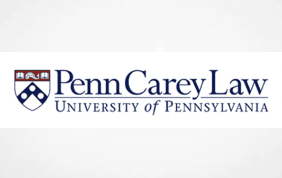Not sure many will be listening!
U of Penn, Inst for Law & Econ Research Paper No. 24-04
in The Routledge Handbook of the Ethics and Economics of Immigration (Sahar Akhtar ed., Routledge Press, expected 2024)
18 Pages Posted: 23 Feb 2024
Date Written: February 21, 2024
Abstract
This chapter outlines the economic case for liberalized immigration policies. First, this chapter assumes the objective is to promote global welfare, giving equal weight to the interests of each person. This chapter then relaxes this assumption and turns to the question of the national interest, giving priority to the welfare of natives in the country of immigration. Liberalized admissions improve social welfare by allowing immigrant workers and the economies that employ them to enjoy gains from trade in the labor market, which promote global welfare and advance the economic interests of natives in the country of immigration. To the extent that immigration raises concerns about environmental protection, the segregation of cultural communities, the distribution of income among natives, or fiscal concerns, there are less restrictive alternatives to immigration restriction that are more narrowly tailored to the problems in question. These alternatives do not sacrifice gains from trade in the labor market and thus avoid the collateral damage caused by immigration restrictions. Furthermore, immigrants may enjoy other important gains from migration, including freedom from persecution or family reunification, and natives enjoy other gains from trade with immigrants outside the labor market.
JEL Classification: F22, J38, J60, J61, K37
Suggested Citation:




